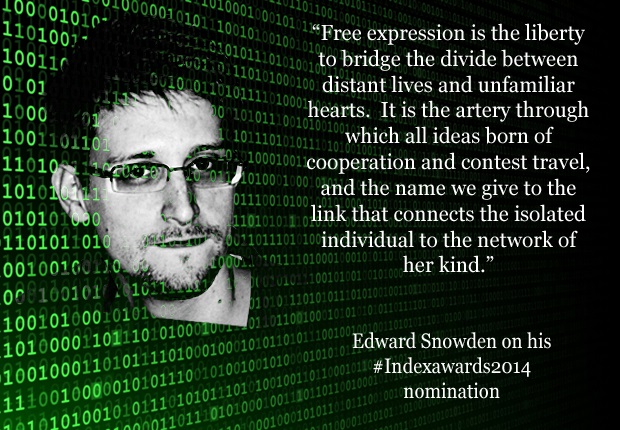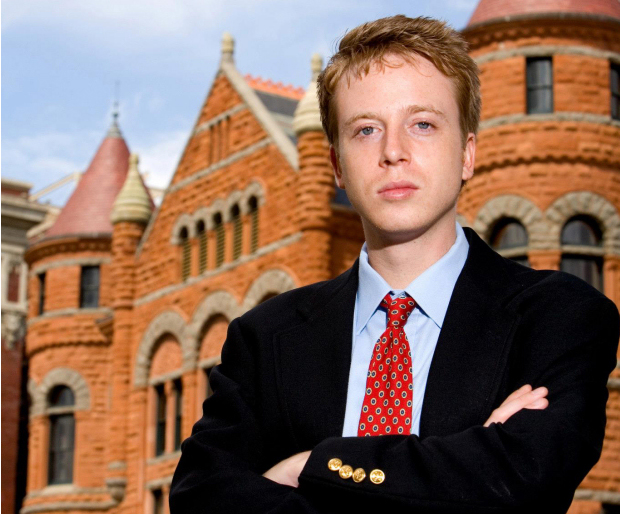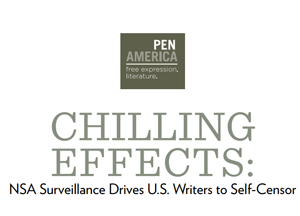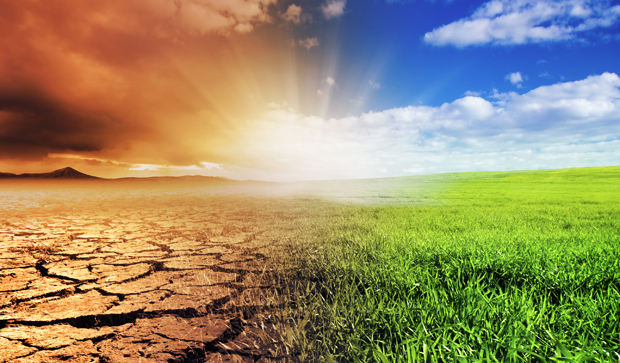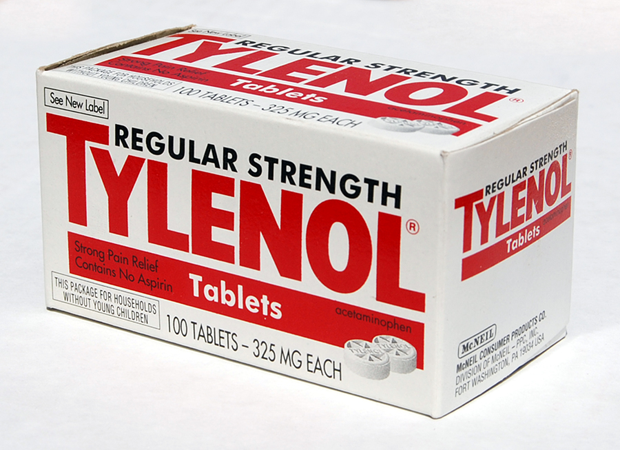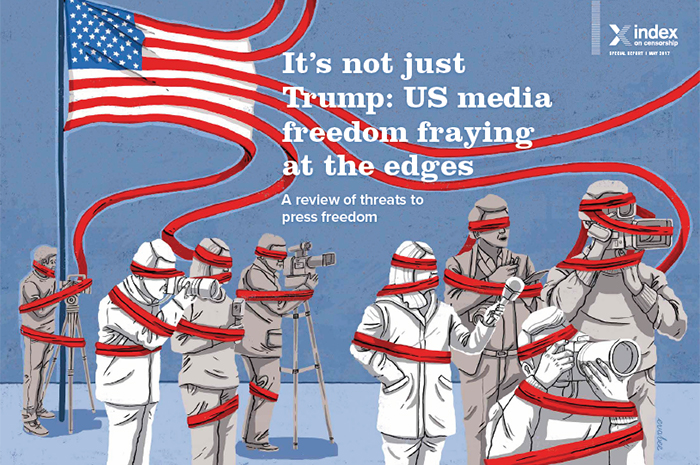Index hosts a Google Hangout with New York-based Guardian Digital journalist James Ball, and LA Times London correspondent, Henry Chu
CATEGORY: United States
Index Freedom of Expression Awards: Digital activism nominee Edward Snowden
In 2013, National Security Agency contractor Edward Snowden leaked thousands of documents detailing US government surveillance to the press, igniting a global debate on the ways authorities can watch citizens’ communications
“Hyperlink” charges against Barrett Brown dropped in “victory for press freedom”
The case continues to highlight the question, are journalists complicit in a crime when sharing illegally obtained information in the course of their professional duties? Christian Stork reports
Index Freedom of Expression Awards: Journalism nominees Glenn Greenwald and Laura Poitras
Greenwald and Poitras uncovered the biggest international story of 2013, using leaks from the USA’s National Security Agency to illuminate the breadth of online surveillance carried out by governments.
Is Reddit censoring climate change deniers?
San Fransisco based Reddit.com made headlines when it allegedly banned climate change deniers from posting on the site. But what’s the truth behind the uproar? Alastair Sloan reports
PEN America survey: Mass surveillance causing self-censorship among writers
Sixty-six percent of American writers disapprove of their government’s collection of phone and internet data, according to a survey from the Pen American Center.
Surveillance critic barred from US
Author Ilija Trojanow, a driving force behind an anti-surveillance campaign, was travelling to the US for a conference on German literature. That was his plan, anyway. At an airport in Brazil, he was told his entry to the US had been denied. No explanation was provided then, and none has been provided since, Milana Knezevic writes
Obama and Harper — Modes of Support for Fossil Fuel Development
The collision between climate science and energy politics, and threats to freedom of communication, are playing out differently in the United States and Canada, Rick Piltz, founder and director of Climate Science Watch, writes
ProPublica, This American Life and acetaminophen: $750,000 to state the obvious
ProPublica and This American Life, both which I love, are making some waves for a story highlighting the risks of taking too much acetaminophen. But Kevin Anderson asks why they spent over $750K to report on facts in plain view.
The link that landed a journalist in jail and gagged the press
Josh Stearns of Free Press reports on journalist Barrett Brown who could face a 100-year prison term if he’s found guilty for linking to stolen information. He didn’t steal this information himself, nor did he post it online. He simply linked to it.
Smears about the media made by US President Donald Trump have obscured a wider problem with press freedom in the United States: namely widespread and low-level animosity that feeds into the everyday working lives of the nation’s journalists, bloggers and media professionals. This study examines documented reports from across the country in the six months leading up to the presidential inauguration and the months after. It clearly shows that threats to US press freedom go well beyond the Oval Office.
“Animosity toward the press comes in many forms. Journalists are targeted in several ways: from social media trolling to harassment by law enforcement to over-the-top public criticism by those in the highest office. The negative atmosphere for journalists is damaging for the public and their right to information,” said Jodie Ginsberg, CEO at Index on Censorship, which documented the cases using an approach undertaken by the organization to monitor press freedom in Europe over the past three years. Learn more.

